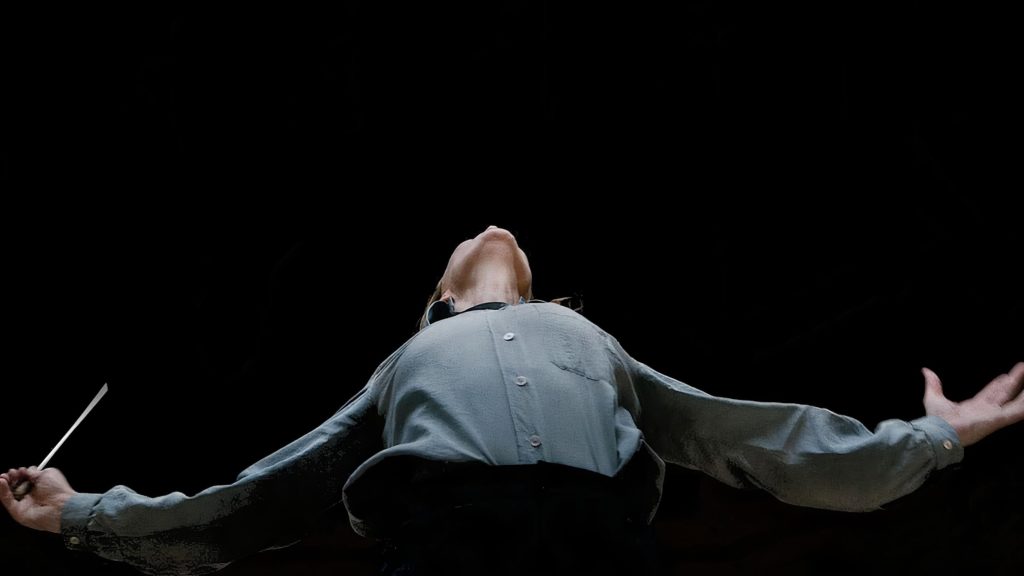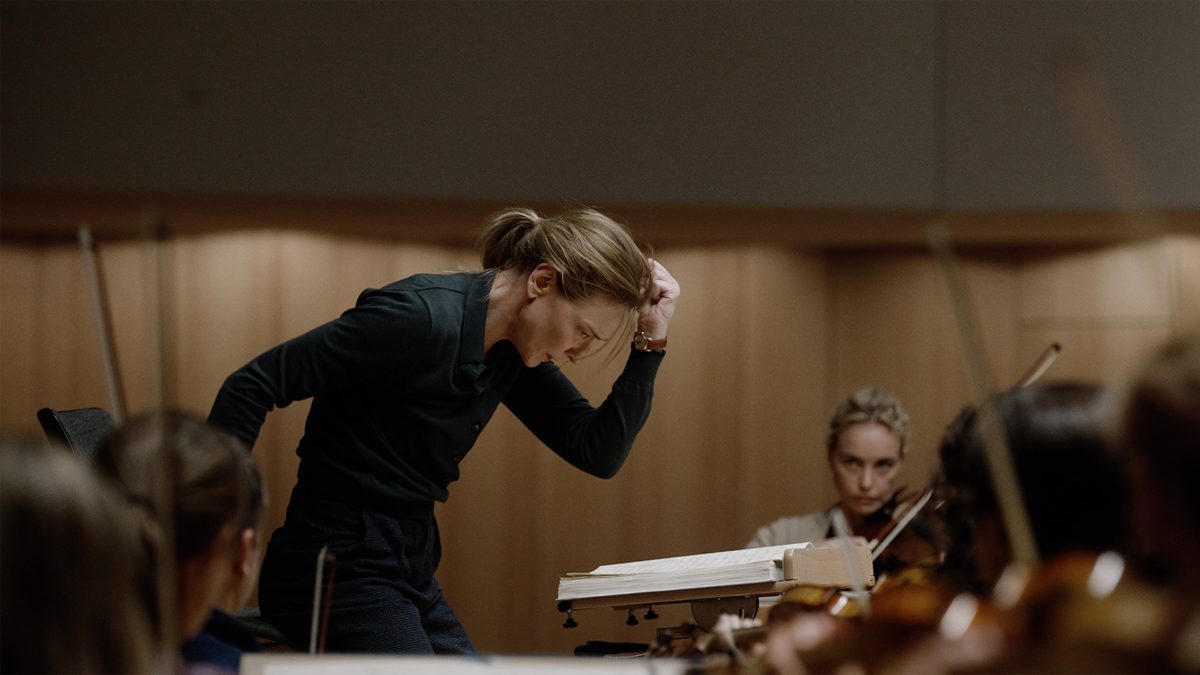"You want to dance the masque, you must service the composer"
In the episode of Game of Thrones entitled “The North Remembers,” the characters Littlefinger and Cersei Lannister argue about the nature of power. Littlefinger threatens to blackmail Cersei over her secret affair, stating that “knowledge is power.” Cersei orders a legion of guards to abduct and kill Littlefinger, only to rescind the order at the last moment, the soldiers obeying her whim. “Power is power,” she replies.
I thought a lot about this moment as I watched Tár, not just because Lydia Tár is a powerful fictional woman like Cersei Lannister, but because the tautological phrasing Cersei uses highlights how inscrutable “power” is. We know it when we see it, even if we can’t always say exactly why or how it works.
This is the kind of power that the title figure of Tár has, at least at the beginning of the film. She is invincible, more powerful than any of her peers. With that power comes certain benefits and costs — and it’s only when her power slips that the costs even reveal themselves as downsides. It’s tough to describe the themes of the film without spoiling its second half, but it is deeply observant of the way little cracks and ripples in someone’s life can accumulate and cause catastrophic damage, much like a few pebbles can kick off an avalanche in the right topological circumstances. It takes both the pebbles and the topology, though, and this movie is about how those two intersect.

Lydia Tár (Cate Blanchett) is a world-famous conductor and composer who is at her peak. She has led the Berlin Philharmonic to recording 8 of Mahler’s 9 symphonies; the final one is set to be performed in the near future. She is married to another woman and has a kid. Her autobiography is about to be published and is getting good buzz. Her signature fellowship program is thriving.
The movie’s plot takes almost a half hour to kick in, and even then it builds very slowly. But the opening scenes do the heavy lifting in terms of establishing the character of Lydia Tár, a fascinating creation of writing and acting who has already entered the pop culture lexicon for a problematic genius. These opening scenes, to use the previous metaphor, lay out the topological conditions: We see the way that Tár ticks like her metronome, every element in balance like a well-conducted orchestra. But it’s never boring or easy for her: The film opens with an interview, and it’s a crucial scene, because nearly every subsequent conversation is shot and written in a similar way, despite the fact that most are private, one-on-one exchanges. Her entire persona is a performance art both by design — a late revelation about Tár’s background gives us a very small but very illuminating detail on the way that she has meticulously crafted her image — and by necessity. She is a woman in a man’s world, her queer identity making her a double outsider, her love of canon-shattering indigenous music making her a triple-outsider.
But Lydia Tár is also full of deep contradictions and complexities. Her passion has been supporting underrepresented groups, but in the movie’s best scene across a single take, she denigrates a student in defense of the old white masters.
She has a crucial flaw like all great characters: she lusts after young women who remind her of herself. Yet even that is a byproduct of her own self-created success. She could only have made it to the highest peaks by coveting this version of herself and chasing it nonstop; that coveting turned outward becomes complicated sexual relationships.

Tár is very much a timely movie — to elaborate would, again, spoil the tumultuous and riveting final act of the film — but not in a way that is desperate to pander to the headlines. Instead, it authentically teases out the audience’s perception of morality in power. It is an astonishingly agnostic film, allowing the audience to make their own decisions on whether Lydia Tár deserves her destiny. The film simply lays out its own curious scenario with elegance and little judgment.
The film is written and directed by Todd Field. It’s only his third film in over 20 years, but it’s a doozy. It is formally confident and handsome. Scenes are meticulously constructed but never fussy. It looks the way prestige dramas should look but often don’t: the entire frame forms a coherent, information-dense shape, constructed with visual sense.
There’s an odd rhythm to the film’s pace. It starts slow, with very long scenes and conversations that lay out information very gradually. Then, as the film picks up pace, scenes and revelations start roaring by, with many important moments happening off screen and only revealed in hints and later conversations.

The acting is great all around, but it’s tough to overstate how good Blanchett is. She has an oddball ferocity that matches the high-up creative types I’ve met before. It’s a demanding performance, asking her to hit emotions both huge and subtle, and to credibly pass as the conductor of a world-class orchestra, which she does with flying colors. She may very well win the Best Actress Oscar this winter, and it will be hard to argue she doesn’t deserve it.
Through the title character’s highs and lows, Tár is an exhausting movie. There’s a touch of black comedy to the bleakest moments, but not the kind that makes you laugh; more to watch agape. The humor itself is sparse, found mostly entirely in the edges of Blanchett’s performance rather than anything in the script or direction. (You could call the final shot a punchline, and a terrific one.) But it is an excellent film, one of the best of the year, and one of a few I know we’ll still be talking about years from now. Like Lydia Tár herself, it’s just that powerful.
- Review Series: 2022: Year in Film
Is It Good?
Exceptionally Good (7/8)
Dan is the founder and head critic of The Goods. Follow Dan on Letterboxd. Join the Discord for updates and discussion.

